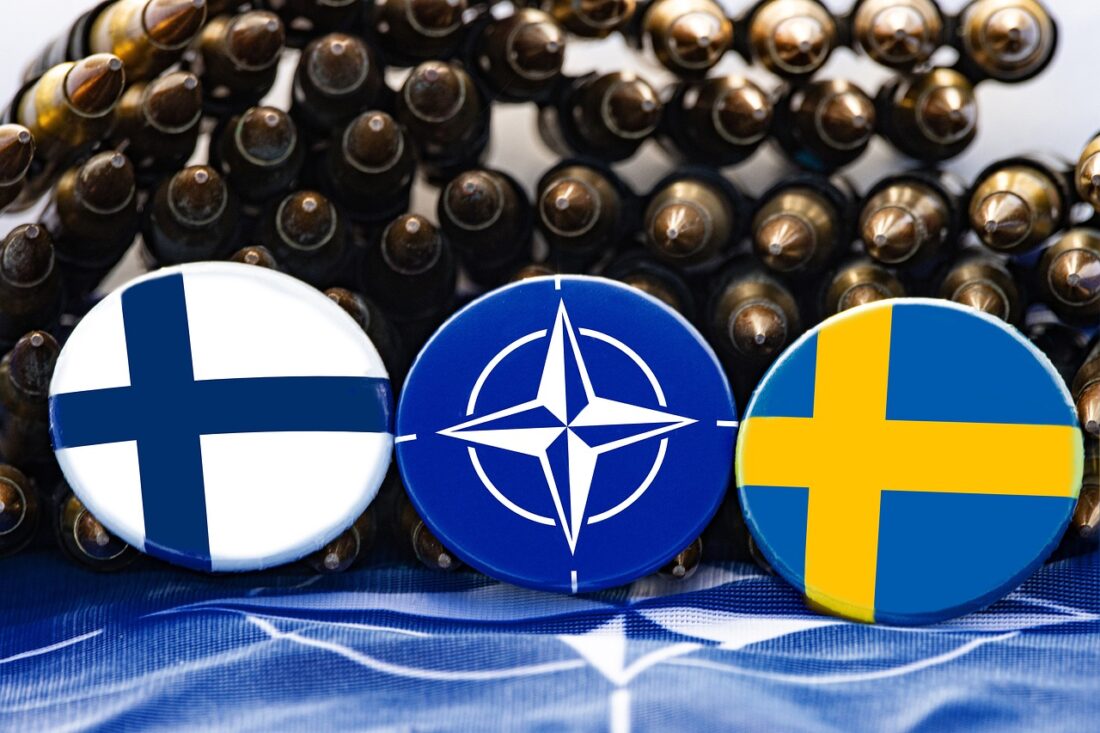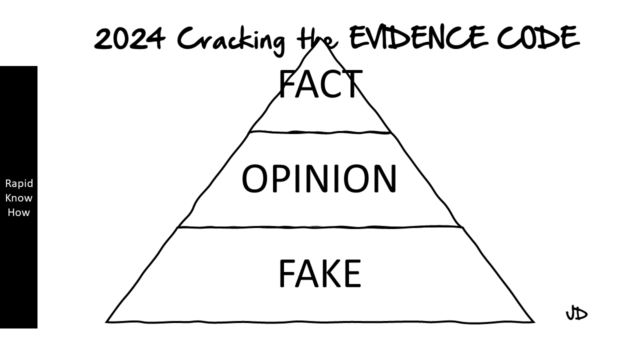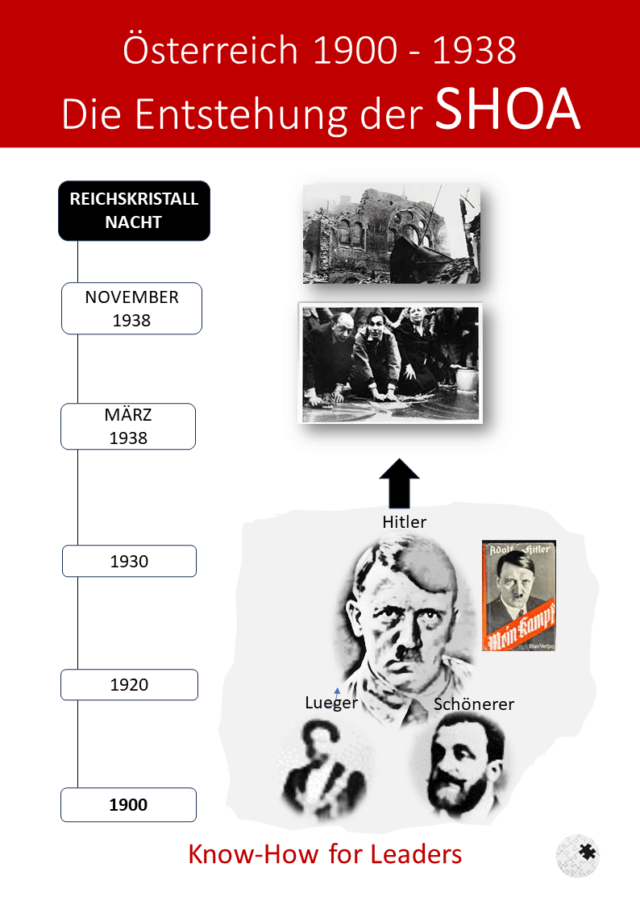Introduction: Understanding the New Cold War and its Origins
The term “New Cold War” refers to the ongoing tensions and conflicts between the United States and its allies, particularly NATO, and Russia. It is characterized by a renewed rivalry and competition for influence, power, and resources, reminiscent of the original Cold War between the United States and the Soviet Union. While the original Cold War was primarily ideological, with the United States promoting capitalism and democracy while the Soviet Union advocated for communism, the New Cold War is driven by a combination of geopolitical, economic, and security factors.
The origins of the New Cold War can be traced back to the end of the original Cold War in 1991. With the collapse of the Soviet Union, there was a power vacuum in Eastern Europe, which NATO and the United States sought to fill. The expansion of NATO into former Soviet bloc countries, such as Poland, Hungary, and the Baltic states, was seen by Russia as a direct threat to its security and sphere of influence. This expansion has been a major source of tension between Russia and the West.
Historical Context: Analyzing the US/NATO Expansion in Europe
Since the end of the Cold War, NATO has expanded significantly in Europe. This expansion began with the inclusion of former Warsaw Pact countries in Eastern Europe, such as Poland, Hungary, and the Czech Republic. It has since expanded further to include countries in the Balkans, such as Albania and Montenegro. The motivations behind this expansion are complex and multifaceted.
One of the main motivations behind NATO’s expansion is to promote stability and security in Europe. By including former Soviet bloc countries in its alliance, NATO aims to prevent any resurgence of Russian aggression or influence in Eastern Europe. Additionally, NATO expansion is seen as a way to promote democracy and human rights in these countries, as well as to integrate them into Western institutions.
However, Russia sees NATO expansion as a direct threat to its security. It views the expansion as an encroachment on its sphere of influence and a violation of the agreements made at the end of the Cold War. Russia has repeatedly expressed its concerns about NATO’s presence on its borders and has accused the alliance of aggressive behavior.
The Role of NATO: Examining its Evolution and Objectives
NATO was originally established in 1949 as a defensive alliance to counter the threat posed by the Soviet Union. However, since the end of the Cold War, NATO has evolved into a global security organization with a broader set of objectives. These objectives include promoting stability, democracy, and human rights, as well as countering terrorism and other non-traditional security threats.
Critics argue that NATO’s expansion has undermined its original purpose and has instead contributed to increased tensions and conflicts. They argue that NATO’s expansion has created a sense of insecurity among Russia and other countries, leading to a more confrontational and militarized approach to security.
Russian Perspectives: Assessing the Impact of US/NATO Expansion on Russia
Russia perceives US/NATO expansion as a direct threat to its security and interests. It views the expansion as an attempt by the West to encircle and isolate Russia, and to undermine its influence in Eastern Europe. Russia has responded to this perceived threat by increasing its military presence along its borders, conducting military exercises, and developing new weapons systems.
The expansion of NATO has also had a significant impact on Russia’s relations with neighboring countries. Many countries in Eastern Europe have sought closer ties with NATO as a way to enhance their security and protect themselves from potential Russian aggression. This has further strained Russia’s relations with these countries and has contributed to increased tensions in the region.
Geopolitical Implications: Analyzing the Shift in Power Dynamics in Europe
The expansion of NATO has led to a shift in power dynamics in Europe. With the inclusion of former Soviet bloc countries in its alliance, NATO has expanded its influence and presence in Eastern Europe. This has challenged Russia’s traditional sphere of influence and has created a sense of insecurity and vulnerability.
The expansion of NATO has also had implications for the balance of power in the region. Russia, feeling threatened by NATO’s presence on its borders, has sought to counterbalance this by increasing its military capabilities and asserting its influence in neighboring countries. This has led to a more confrontational and competitive relationship between Russia and the West.
Security Concerns: Evaluating the Risks and Challenges of US/NATO Expansion
The expansion of NATO poses several security risks and challenges. One of the main concerns is the potential for military escalation and conflict. As tensions between Russia and the West continue to rise, there is a risk that a miscalculation or misunderstanding could lead to a military confrontation. This could have devastating consequences for both sides and could potentially escalate into a larger conflict.
The expansion of NATO also poses challenges for arms control and non-proliferation efforts. As tensions between Russia and the West increase, there is a risk that arms control agreements could be undermined or abandoned altogether. This could lead to an arms race and further increase the risk of conflict.
Economic Factors: Exploring the Economic Consequences of the New Cold War
The New Cold War has had significant economic consequences for Europe and the world. The tensions between Russia and the West have led to economic sanctions and trade wars, which have had a negative impact on trade, investment, and economic cooperation in Europe.
The imposition of economic sanctions by both sides has led to a decline in trade and investment between Russia and the West. This has had a negative impact on the economies of both sides, as well as on global economic growth.
Regional Responses: Investigating the Reactions of European Countries to US/NATO Expansion
The expansion of NATO has elicited different responses from European countries. Some countries, particularly those in Eastern Europe, have welcomed NATO’s presence as a way to enhance their security and protect themselves from potential Russian aggression. These countries see NATO as a guarantor of stability and security in the region.
However, other countries, particularly those with historical ties to Russia, have expressed concerns about NATO’s expansion. They fear that it will further strain their relations with Russia and increase tensions in the region. These countries have called for a more balanced and cooperative approach to security in Europe.
The Role of Non-NATO Countries: Examining the Influence of Non-Aligned States in Europe
Non-NATO countries play an important role in the New Cold War. These countries, such as Finland, Sweden, and Austria, have sought to maintain a neutral stance and have called for dialogue and cooperation between Russia and the West. They see themselves as potential mediators and facilitators of peace in the region.
Non-NATO countries also have the potential to influence regional dynamics and security. By maintaining good relations with both Russia and the West, these countries can help to reduce tensions and promote stability in Europe.
Future Outlook: Predicting the Potential Scenarios and Resolutions for the New Cold War
The future of the New Cold War is uncertain. There are several potential scenarios that could unfold. One possibility is that tensions between Russia and the West will continue to escalate, leading to a further deterioration of relations and an increased risk of conflict. Another possibility is that both sides will recognize the dangers of continued confrontation and will seek to de-escalate tensions through dialogue and negotiation.
In order to resolve the New Cold War, it will be necessary for both sides to address the underlying causes of the conflict, including security concerns, geopolitical rivalries, and economic competition. This will require a willingness to compromise and find common ground. It will also require the involvement of non-aligned countries and international organizations, such as the United Nations, to mediate and facilitate a peaceful resolution.




